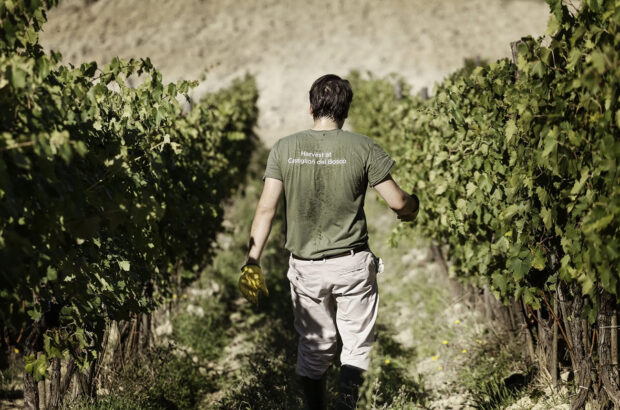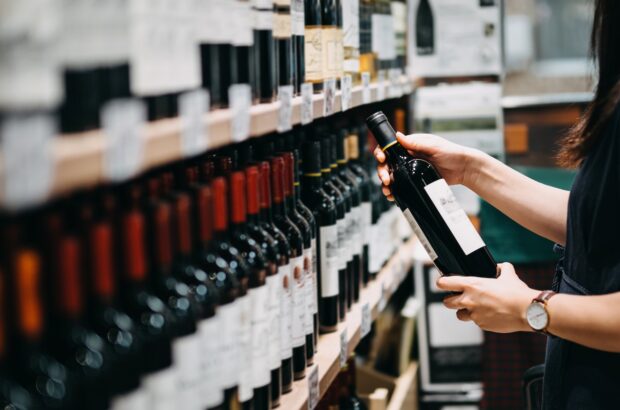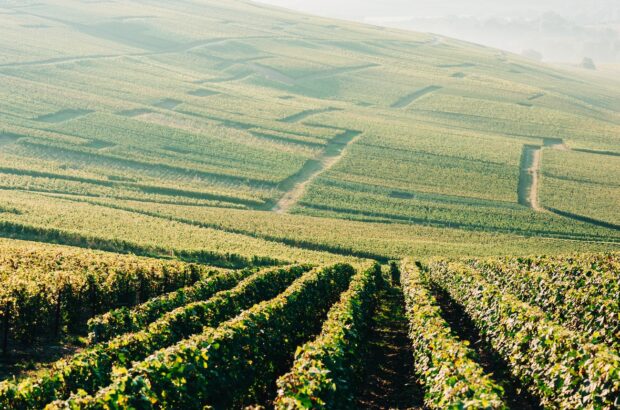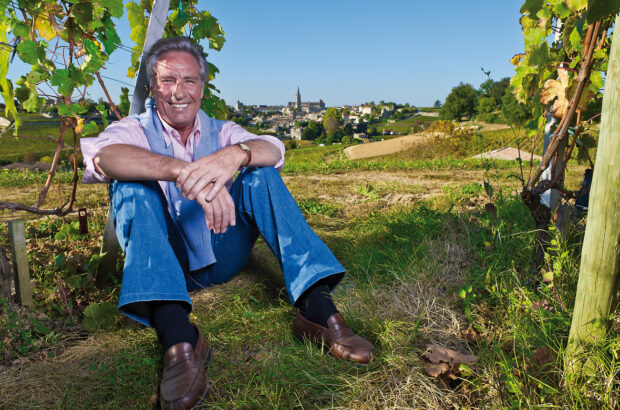It is just a number. Arbitrary, but this marks my 400th consecutive monthly contribution to Decanter. If I’m permitted to reminisce, I’d like to go back much further. My first ever wine article was ‘A Glossary of Wine Terms’ commissioned in 1956 by Arthur Bourke, the editor of Harpers Wine & Spirit Gazette. It was not exactly what he had in mind. It began: ‘Absinthe, makes the heart grow fonder’, and so on to ‘Schnapps, a Swedish card game’. Childish really. No fee, but a heavily vinous lunch at the old Wine Trade Club.
It is just a number. Arbitrary, but this marks my 400th consecutive
monthly contribution to Decanter. If I’m permitted to reminisce, I’d like to go back much further. My first ever wine article was ‘A Glossary of Wine Terms’ commissioned in 1956 by Arthur Bourke, the editor of Harpers Wine & Spirit Gazette. It was not exactly what he had in mind. It began: ‘Absinthe, makes the heart grow fonder’, and so on to ‘Schnapps, a Swedish card game’. Childish really. No fee, but a heavily vinous lunch at the old Wine Trade Club.
The first of many monthly columns on wine for which I received a stipend (£5 – not bad in those days) was published by Cheshire Life in September 1957. But it was with Wine Magazine – the progenitor of Decanter – a bi-monthly first published in 1959, that the serious stuff began, under Kathleen (Katie) Bourke, the editor.
The 47th issue saw the start of the influential but cringingly titled series ‘Will you dine with the Master of Wine’. The team was Katie as host, Luke Bayard, a wine writer, and myself to select and discuss the wines. In addition we invited two distinguished guests. At the second event in the July/August 1966 issue they were Charles Beauclerk, the Duke of St Albans, and financier Nubar Gulbenkian, who famously said that the ideal number for dinner was ‘myself and head waiter’.
Alas after several successful years, the magazine ended in tears; Katie was ruined
by an entrepreneur. In 1975, arising out of the ashes Phoenix-like was Decanter, founded by Colin Parnell, a wine trade editor who died recently. Which is where I came in, my first column appearing in the February 1977 issue (pictured, right).
‘Michael Broadbent’s Tasting Notes’ were initially devoted to varied subjects, the first two on Port, but eventually broadened to include felicitous, risqué snippets. In the early days of my marriage, to Daphne, every summer was spent in a different wine region. Our first visit was to the Moselle in June 1956. It was also my laudable ambition at the time to make love – necessarily furtively, and at night– in a famous vineyard. I well recall the Bernkasteler Doktor vineyard.
By chance, I recently found in my country cellar a bottle of Deinhard’s 1976 Bernkasteler Doktor Riesling Auslese. As with all mature sweet wines, I decanted it. In the sunlight it positively glowed, less deep than I expected for a 34-year old Auslese but a lovely amber gold; on the nose, a whiff of old peach skin bottle age plus pure Riesling ‘kerosene’. Still sweet, complete, pure honey and flowers, a hint of ‘sear and yellow’, crisp, rich yet light – around 8% I surmised. Life-supporting acidity and great length. Delicious.
It was in 1952 that my first mentor,Tommy Layton, within a week of joining him as a trainee, gave me some invaluable advice: when tasting a wine, make a note. I could never have foreseen that my notes would be published and that nearly 60 years and 148 tasting books later would be the subject of an opera. When the idea was first mooted, long ago, I opined that it was a most unlikely subject, but was told an enthusiastic composer was immersed in the score, the libretto drafted.
12 May saw the opening at Christie’s of the one-act opera, The Lovely Ladies. I’d never seen the synopsis, but gather that, on learning I’d finally retired, all the French wine producers were distraught. Each region, represented by a member of the cast, teamed up to lament.
First was Alsace, then, hard on her heels, a retired ‘diva’ who recollected that Yquem was the first great wine I’d ever tasted (the librettist did his homework!). She was followed by the demure twins, red and white Burgundy. An obstreperous martinet in uniform then proclaimed, loudly and repeatedly, that there was only one wine – Bordeaux. Then, in swept Rhône, a statuesque, shapely lady wearing a revealing red dress, who incensed Bordeaux by insisting that the best of all French wines was Châteauneuf-du-Pape. There was a clash, ending up with Bordeaux’s nose in Rhône’s cleavage.
The composer and his ensemble had a high-old time with pastiches of great operatic arias, the librettist (despite one or two obscure references) at his wittiest best. I had feared no one would turn up. Happily, the Great Room was packed. Finally, the majestic figure of George Saintsbury, the progenitor, descended with the reassurance that all was well, and that Michael Broadbent would continue to write for Decanter.
Written by Michael Broadbent






